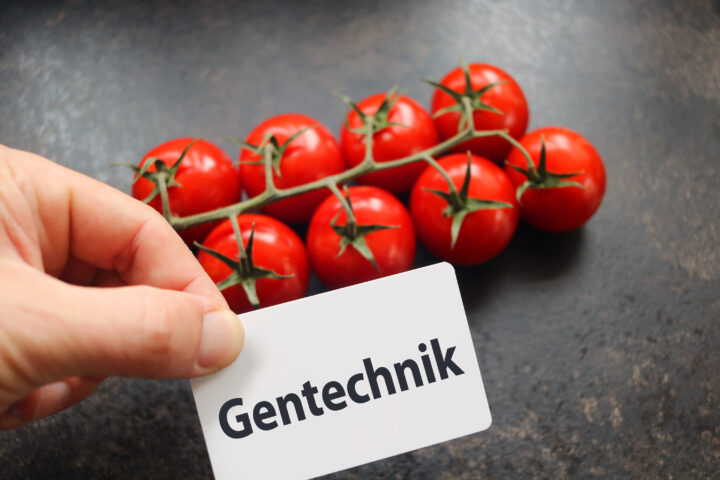
Vegetarian products have a bad reputation among consumers
Many consumers are of the opinion that vegetarian products are unhealthier and more harmful to the environment than meat. This is shown by a study by ETH Zurich. The negative attitude is also reflected in purchases. Vegetarian products are still niche products.
Friday, January 14, 2022
In 2020, more than 150 new vegetarian products came onto the Swiss market. However, their market share was just 2.3 percent. "foodaktuell" is reporting on the reasons for the reluctance of consumers. For example, researchers at the Institute for Environmental Decisions at ETH Zurich had more than 500 people rate protein-rich foods such as meat, cheese or meat substitutes. The results of the study are published in the specialist journal "Food Quality and Preference". According to the authors of the study led by Christina Hartmann, the participants rated meat substitutes as less environmentally friendly than meat. This is despite the fact that the products usually perform better than meat according to life cycle assessments.
Unnatural and unhealthy?
Respondents also do not consider meat substitutes to be healthier. They rated the nutritional profiles of animal products as more beneficial for health than tofu, falafel or ground soy - although the values are comparable. In addition, the perception of naturalness is different. Meat substitutes were considered less natural compared to meat, cheese or fish. According to Hartmann, there is a typical pattern: "Processed products, which are in fact less natural, are also thought to be less healthy. Although that doesn't necessarily have to be the case."
Use of labels doubtful
Hartmann is critical of labeling food using a traffic light system, such as the Nutri-Score. There is already an almost unmanageable number of labels, especially in the area of sustainability. The extension to health aspects could make shopping even more confusing: "It is doubtful that all consumers, across all levels of education, understand the labeling," Hartmann told "foodaktuell". People who are interested in the environment and health would find out more elsewhere. Even with a label, you wouldn't be able to get the uninterested interested in these topics. The study authors conclude: The negative consumer perception of meat substitutes remains a major challenge for industry, public health and more sustainable nutrition.
Sources
Price before (unclear) sustainability labels
The label confusion is confirmed in a representative survey by the Swiss Retail Federation, the association of retail companies, on the shopping behavior of Swiss consumers: More than a quarter of respondents say they recognize a label but don't know exactly what it stands for. Only for a quarter of those surveyed is the sustainability label of a product more important than its price. 38 percent stated that their purchase decision was a combination of label and price. 37 percent said that the price is more important to them than a sustainability label. It would be interesting to find out whether more transparency about the criteria for so-called sustainability labels influences purchasing behavior.
Related articles

Residue is not the same as residue
Painkillers like Voltaren are a blessing for us – yet in our rivers they can harm fish. If these were crop protection products, calls for bans would be immediate. It becomes clear that we are applying double standards.

ARTE documentary: Genetic engineering in organic farming?
The ARTE documentary “Genetic engineering in organic farming?” examines key controversial questions of modern agriculture: Is the general exclusion of new breeding technologies still up to date? Can the resistance of organic farming be justified scientifically?

The Great Suffering of Farmers
Fire blight, Japanese beetles, or grapevine yellows – farmers in Valais, too, are increasingly feeling helpless in the face of the threats posed by nature. More and more often, they lack the means to effectively protect their crops. This makes it all the more important for the Federal Council to place a pragmatic balancing of interests at the forefront when setting threshold values.

'Tomatoes on your eyes'
The submitted “Food Protection Initiative” calls for “GMO-free food.” Leaving aside this illusory demand, its adoption would mean more bureaucracy, more trade barriers, and less innovation. The Swiss Farmers’ Union describes the proposal as “unnecessary” and warns of a setback to the goal of achieving an even more sustainable agriculture.

